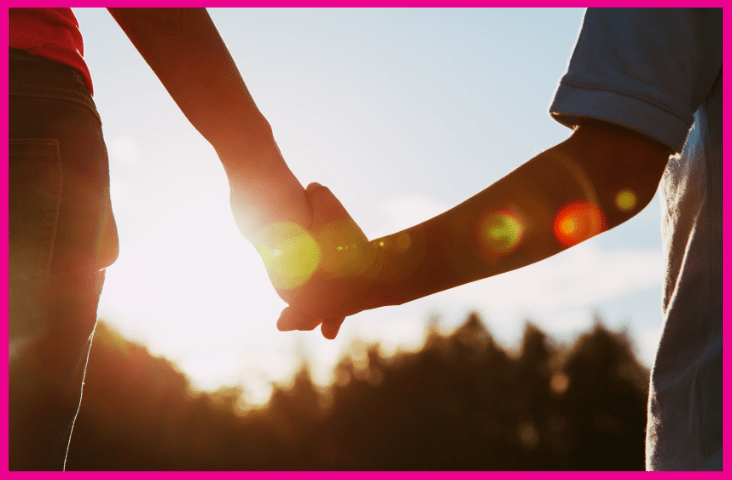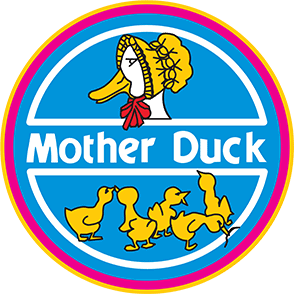
Riding The Waves Of Big Emotions
Learning to “ride the wave” of big emotions
Riding the waves of big emotions with little ones (and bigger ones) is REALLY hard work as a parent. Some days as a parent it can feel as though the tears, the meltdowns, the “not knowing what they want as they change their minds over and over with the shape of their sandwiches or the colour of their plate” is relentless! I’m not sure if you’re like me, but some days I feel as though I handle “these days” so well. I’m calm. I’m able to remain patient (on the outside at least). I’m able to “ride the wave” of emotional meltdowns fairly well, coming up for breath without even too much coughing and spluttering. Those days are good and I can get to the end of it and feel rather pleased with myself that not only did we survive, but I actually got to put into place some of the strategies that I know really help my children to develop a healthy wellbeing.
But let’s be honest – other days, those “waves” of emotional meltdowns are so huge and heavy that they literally drag me under. I lose my patience, I lecture, I get cranky or I threaten useless consequences that I can’t follow through with, causing even more disconnection for my children. I surface from the water after the wave has subsided barely able to breathe from exhaustion, but even more so, from shame and frustration with myself.
The weight of shame…
As parents in today’s society, we are bombarded with information through social media on how to best respond to children and support their development. This is so wonderful and helpful as it builds our “tool kit” as adults and as we know more about the developing brain, we do need access to this information so we can continue to respond to our children in the best way possible. The danger however, is that although we may “know more” and “know better”, we are ultimately still imperfect human beings, who, for a variety of reasons cannot always practice what we know. We get tired. We get overwhelmed by work/life pressures. We have conflict with those we love. We experience loss or grief or illness. All these things impacting our capacity to put into practice what we know is right and best for our children. This is where shame can creep in. That little voice in our head that whispers:
“I can’t believe you lost your cool today. What a terrible example you are to your children.”
“How do you think your kids will grow up mentally healthy if you’re such a failure.”
“Your anxiety/depression/stress makes you a terrible parent.”
Shame is not only incredibly heavy to carry, but it is also so subtle, taking over our inner voice, that we often don’t even realize how much of an impact it can have on our mental wellbeing as parents.
As Dr Brene Brown says,
“Based on my research and the research of other shame researchers, I believe that there is a profound difference between shame and guilt. I believe that guilt is adaptive and helpful – it’s holding something we’ve done or failed to do up against our values and feeling psychological discomfort. I define shame as the intensely painful feeling or experience of believing that we are flawed and therefore unworthy of love and belonging – something we’ve experienced, done, or failed to do makes us unworthy of connection.”
In my personal experience and also in my work over the last 10 years across a range of settings, shame can also disguise itself in other ways too:
- An inability to admit fault (if I admit I’ve done something wrong or made a mistake, it must mean I am a mistake).
- Perfectionism (my worth is directly attached to my performance. If my performance is great, I am great, so I cannot fail or make a mistake).
- Anger, frustration or judgement of others (I feel awful about myself but I mask my “stuff” by addressing everyone else’s “stuff”).
So how does all of this connect to how we parent?
Remember how I was sharing about “those days” where the waves of emotional meltdowns knock me under? Well, those are the days when I am most susceptible to shame. Those are the days where I am so hard on myself because I’m driven by fear that I haven’t just “had a bad parenting day”, but that “I am a bad parent”. This shame doesn’t help me parent any better. Quite often, it leaves me feeling flat, discouraged and overwhelmed. Shame isn’t helpful.
So how do we strike that delicate balance between striving for “excellence” in our parenting and doing our best to put what we know into practice for the sake of our children, whilst also showing ourselves grace when our capacity to do “our best” is limited? To be honest, I don’t actually have any profound advice to strike this balance perfectly, because that’s just it- we won’t, we can’t be perfect. So even in striving for excellence in our parenting, our striving will be imperfect because perfection is unobtainable. And yet, perhaps it’s in that truth that we might find some answers.

Acknowledging our humanness is powerful…
I have learnt on my parenting journey that one of the most powerful things I can do when I’ve failed to “ride the wave” well with my children is to just simply acknowledge it. And even better than that, acknowledge it out loud through an apology to my children.
“Today was a hard day, wasn’t it? I’m so sorry I struggled to be patient today. I know this made it hard for you.”
“I’m sorry I got frustrated so many times today. I understand that my behaviour was not helping you feel calm.”
A good friend of mine who does incredible work with families through her counselling service, always says that there is incredible power in verbally acknowledging our feelings, our unhelpful thoughts and our mistakes. This is because what is out in the open, in the light, is much harder to be hit with the darkness of shame.
So, next time you find yourself coming up after a rough wave of big emotions that you’ve handled poorly, spluttering and coughing and unsure if you can continue on, acknowledge it. Speak it out. Apologise. Don’t let shame trick you into thinking you are a bad parent. You are just human, with limits and just like your child who sometimes can be overcome by emotion, so can you. The beautiful part though, is that as you are learning to acknowledge your imperfections, so too is your child as they watch you! And what an amazing journey it is, growing and developing as imperfect people, together.
Heidi Denner
For more information on Brene Brown’s research on shame, check this link out.



